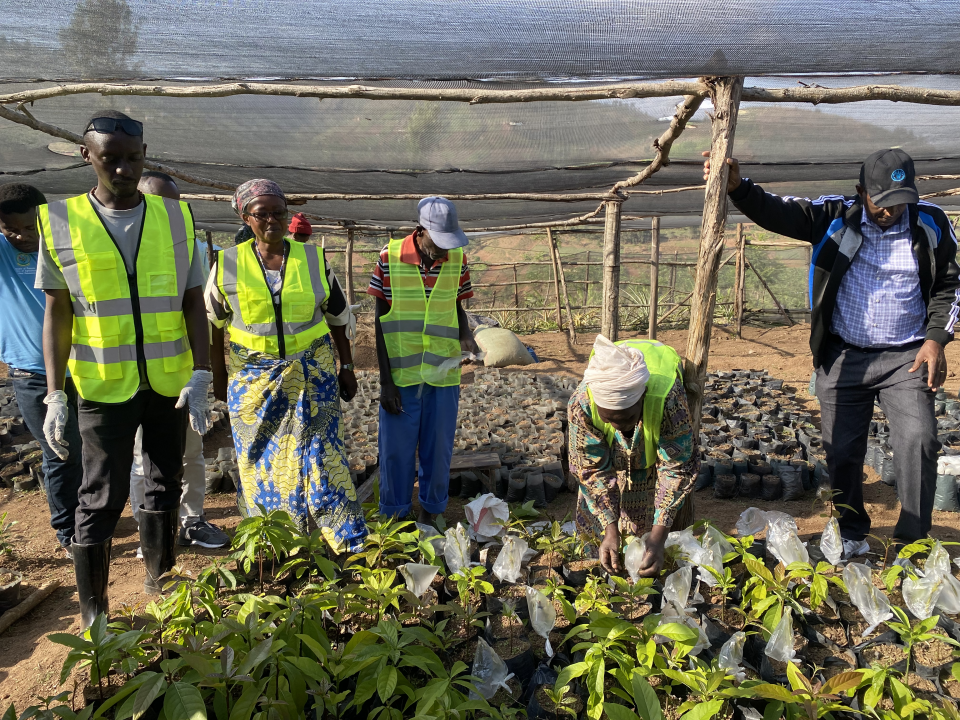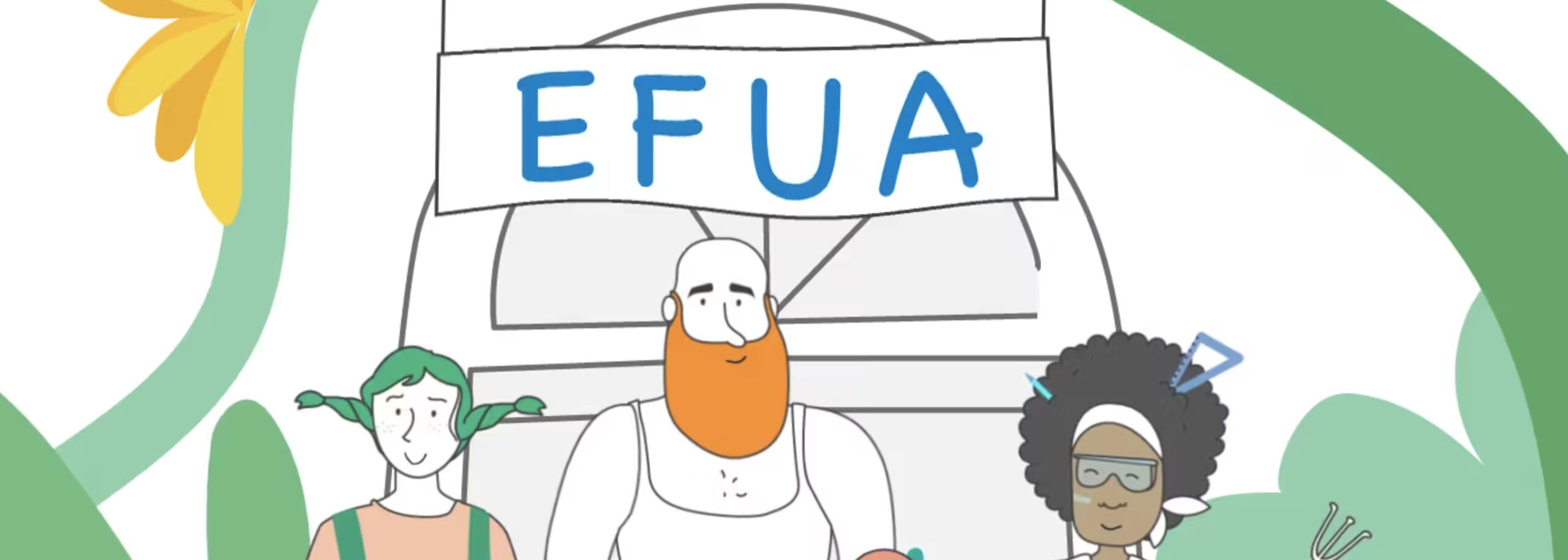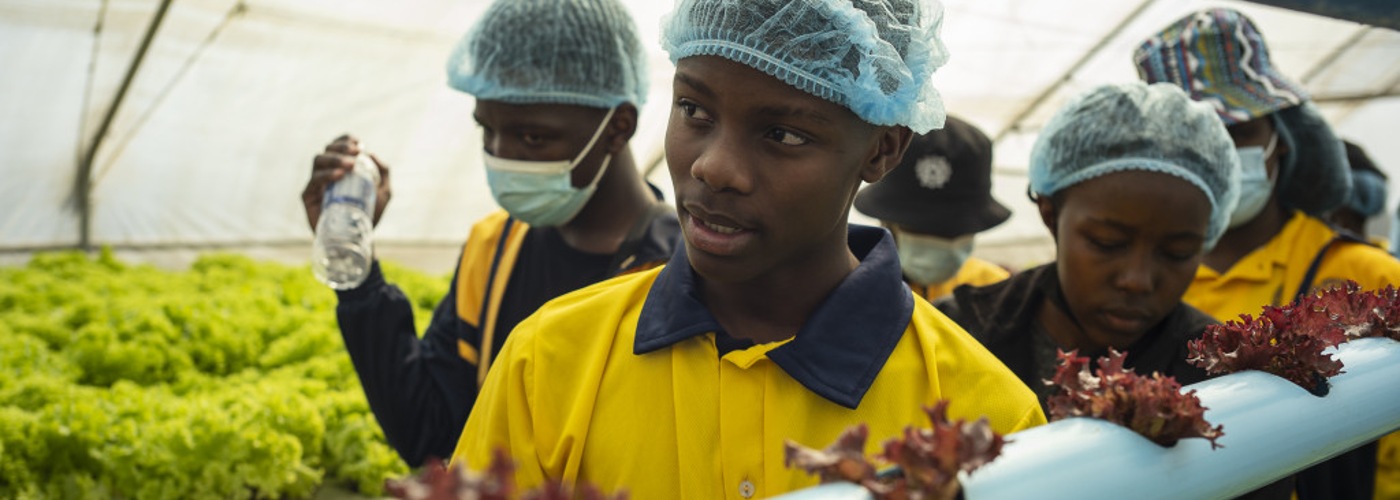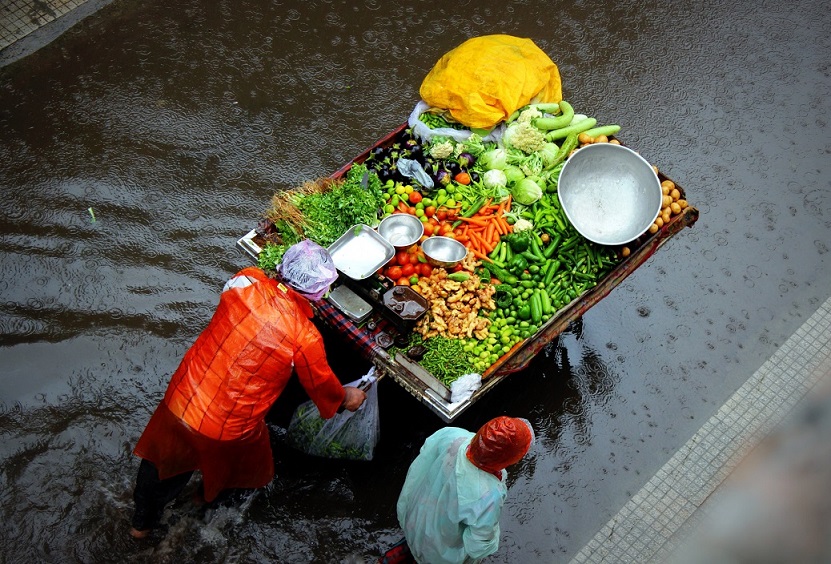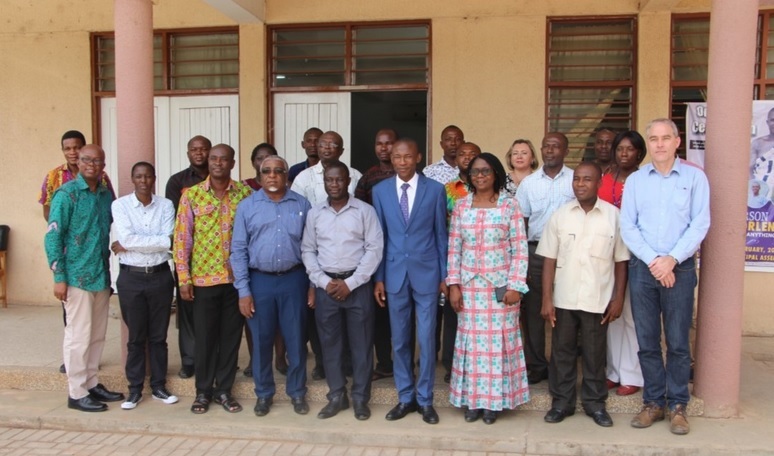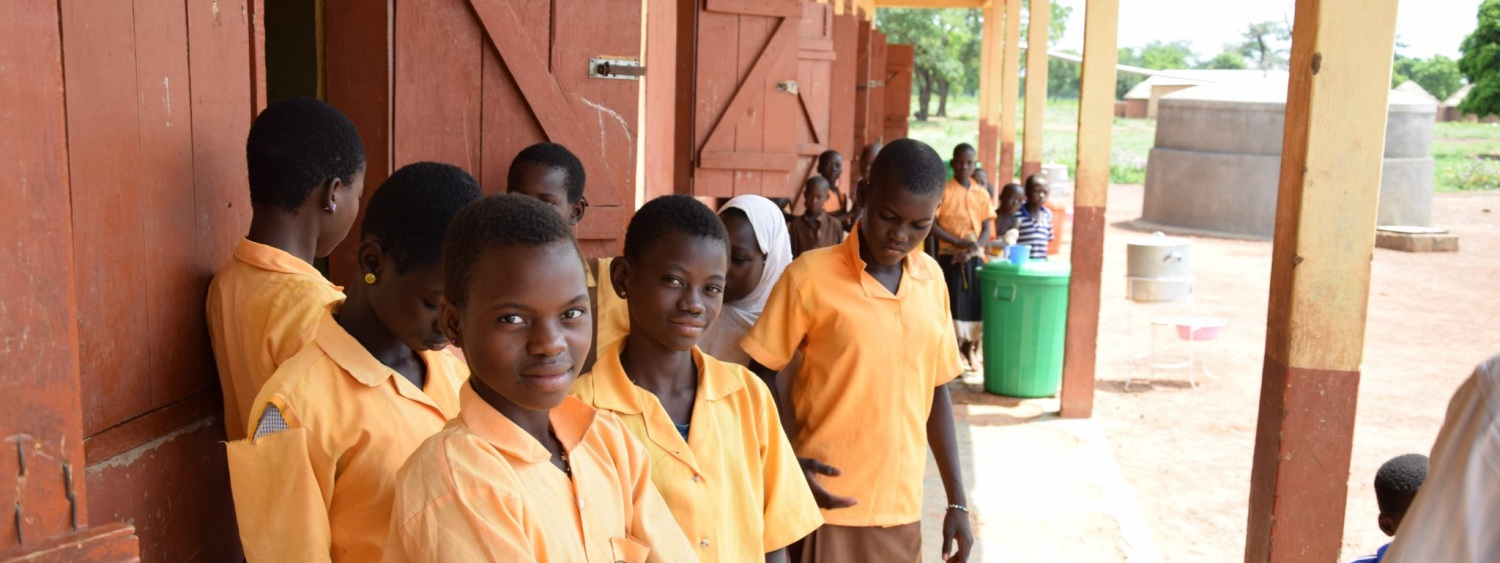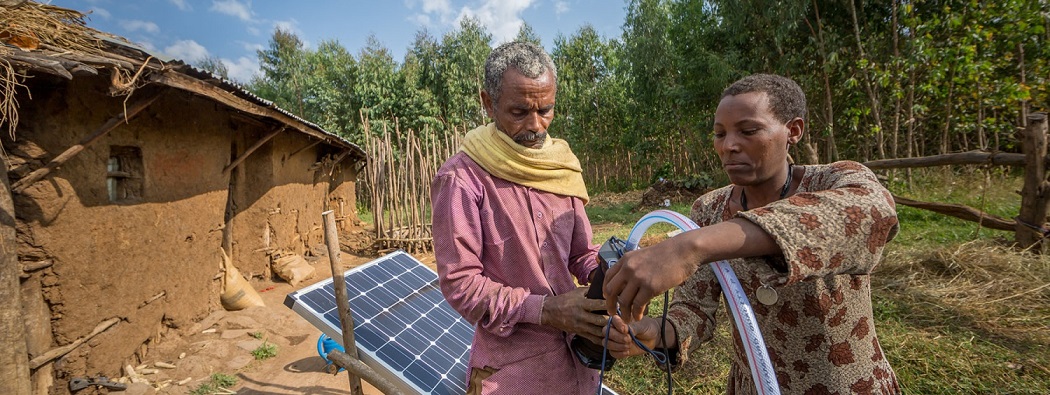City Region Food Systems
Aim of the project
Through the City Region Food Systems (CRFS) programme, RUAF and FAO engage with national and local governments and local food actors to build resilient city region food systems (CRFS). The programme works on strengthening rural-urban linkages by providing assistance in improving the resilience of food systems and livelihoods in a given territory to climate and health risks. It operationalises the linkages between Sustainable Development Goal (SDG) 2 (food security, nutrition and sustainable agriculture), SDG 11 (inclusive, safe, resilient and sustainable cities), SDG 12 (sustainable production and consumption) along with several of the other SDGs.
Why is this project important?
The international community urgently needs to define its role and develop tools and methodologies to address the challenges of food and nutrition security, agriculture and management of natural resources in a context of urbanization and accelerating climate change, which are among the major challenges of the 21st century.
The City Region Food Systems (CRFS) approach offers concrete policy and programme opportunities within which developmental issues can be addressed and through which rural and urban areas and communities in a given city region can be directly linked. Improved city region food systems will help achieve better economic, social and environmental conditions in both urban and nearby rural areas.
Activities
RUAF’s role has been to lead on development of the CRFS assessment and planning methodology (now published as the CRFS Handbook) and accompanying online toolkit. This has included development of two Indicator Frameworks, the CRFS Sustainability Indicator Framework and the CRSF Resilience Indicator Framework. The methodology and the tools have been tested by the pilot cities, with RUAF providing support and making adjustments based on their experiences. RUAF has also developed a series of training modules for the CRFS programme, and various multimedia products to communicate the experiences of the pilot cities, including articles, podcasts, videos, and webinars. With FAO and Cirad, RUAF was part of the team that conducted a global study on lessons learned from multiple shocks and stresses on city region food systems, which is due to be published in 2024.
Location
Phase 1 pilot cities: Colombo (Sri Lanka), Kitwe, (Zambia), Lusaka (Zambia), Medellin (Colombia), Toronto and the Greater Golden Horseshoe (Canada), Utrecht (The Netherlands), Quito (Ecuador).
Phase 2 pilot cities: Antananarivo (Madagascar), Colombo (Sri Lanka), Kigali (Rwanda), Tamale (Ghana).
Period
Phase 1 of the project ran from 2014 – 2018. Phase 2 runs from 2019 – 2024, with a specific focus on resilience to multiple shocks and stresses (including climate and pandemic-related).
Results
The programme has enhanced local institutional capacity to assess and plan for city region food systems. It has enabled cities to create an evidence based for informed action planning to strengthen city region food systems, including identification of bottlenecks, vulnerabilities, and stakeholders that need support to build their resilience capacities. Assessment reports, fact sheets, and action plans from the pilot cities are available on the FAO City Region Food Systems Programme website.
Partners
The City Region Food Systems programme is co-run by RUAF and FAO.
Contacts
Jess Halliday, RUAF; Guido Santini, FAO
Websites and related content
- FAO City Region Food Systems Programme website https://www.fao.org/in-action/food-for-cities-programme/en/
- FAO and RUAF 2023. Building sustainable and resilient city region food systems – Assessment and planning handbook. Rome. https://doi.org/10.4060/cc5184en
- City Region Food System Indicator Framework https://ruaf.org/document/city-region-food-system-indicator-framework
- Blay-Palmer, A.; Santini, G.; Dubbeling, M.; Renting, H.; Taguchi, M.; Giordano, T. Validating the City Region Food System Approach: Enacting Inclusive, Transformational City Region Food Systems. Sustainability 2018, 10, 1680. https://doi.org/10.3390/su10051680
- Blay-Palmer, A.; Santini, G.; Halliday, J.; Malec, R.; Carey, J.; Keller, L.; Ni, J.; Taguchi, M.; van Veenhuizen, R. City Region Food Systems: Building Resilience to COVID-19 and Other Shocks. Sustainability 2021, 13, 1325. https://doi.org/10.3390/su13031325
- City region food systems: a literature review. https://ruaf.org/assets/2019/12/City-Region-Food-Systems-literature-review.pdf

